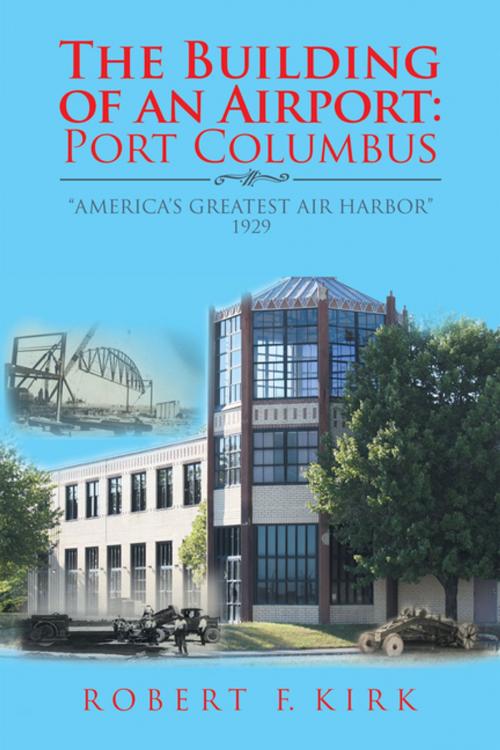| Author: | Robert F. Kirk | ISBN: | 9781728305844 |
| Publisher: | AuthorHouse | Publication: | April 12, 2019 |
| Imprint: | AuthorHouse | Language: | English |
| Author: | Robert F. Kirk |
| ISBN: | 9781728305844 |
| Publisher: | AuthorHouse |
| Publication: | April 12, 2019 |
| Imprint: | AuthorHouse |
| Language: | English |
The building of an airport in 1929 was not just developing a design and bringing together concrete and steel. It needed a radical design idea of how to safely bring heavier than air flying machines together with people as passengers. The questions involved defied answers. Such as how far can an aircraft safely fly? How many people can make up a safe flight? What should the design of an airport look like and how can man and machine fit together in a way that moved both forward? There were a thousand questions with few known answers. It took brave, intelligent, far sighted individuals to push the limits of imagination, machines, human stamina and vision to bring all of the needed elements together. These elements would build a great airport with a successful design for people and machines of flight. The thinkers realized that air was much like water and as such the skies could be like rivers or oceans that served major cities with commerce. The building of a great airport could become a “Giant Air Harbor” that could serve as a mighty air center of commerce. Such was the beginning of Port Columbus, the “Nation’s Greatest Air Harbor.”
The building of an airport in 1929 was not just developing a design and bringing together concrete and steel. It needed a radical design idea of how to safely bring heavier than air flying machines together with people as passengers. The questions involved defied answers. Such as how far can an aircraft safely fly? How many people can make up a safe flight? What should the design of an airport look like and how can man and machine fit together in a way that moved both forward? There were a thousand questions with few known answers. It took brave, intelligent, far sighted individuals to push the limits of imagination, machines, human stamina and vision to bring all of the needed elements together. These elements would build a great airport with a successful design for people and machines of flight. The thinkers realized that air was much like water and as such the skies could be like rivers or oceans that served major cities with commerce. The building of a great airport could become a “Giant Air Harbor” that could serve as a mighty air center of commerce. Such was the beginning of Port Columbus, the “Nation’s Greatest Air Harbor.”















